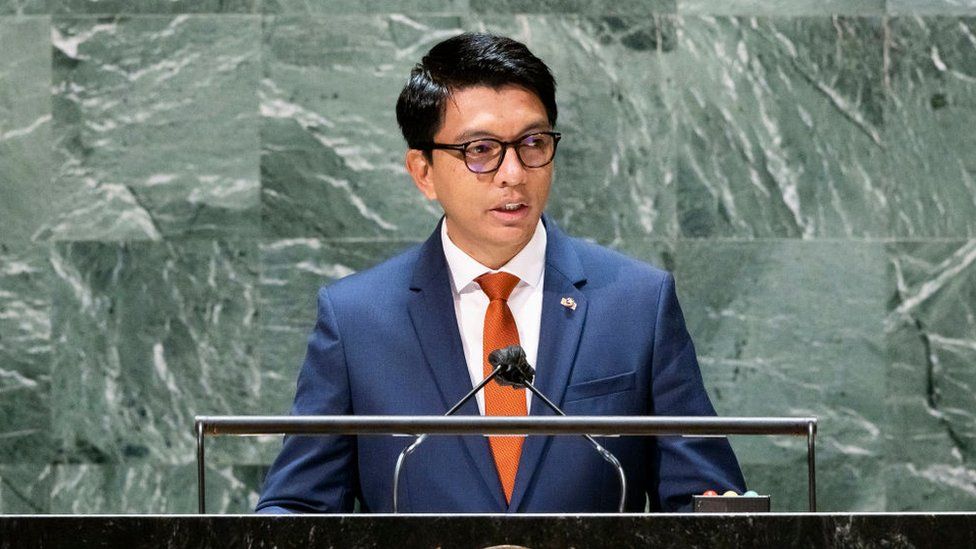Madagascar’s President Andry Rajoelina has effectively clinched a third term, as confirmed by the electoral body (CENI), citing him as the leading candidate in an election marked by low voter turnout and an opposition boycott.
Provisional results released by CENI on Saturday revealed Rajoelina securing 58.9 percent of the votes, with Siteny Randrianasoloniaiko, a lawmaker, obtaining 14.4 percent. The final results are expected to be announced by the country’s High Constitutional Court within nine days.
Rajoelina, a 49-year-old entrepreneur and former DJ, expressed gratitude, stating, “The Malagasy people have chosen the path of continuity, serenity, and stability. Democracy is exercised through elections and not in the streets or through unrest.” However, Randrianasoloniaiko contested the results, filing appeals with the apex court, alleging electoral fraud.
Opposition candidates, including Hajo Andrianainarivelo, had declared on Friday their refusal to accept the results, citing irregularities such as intimidation of polling officials and the alleged use of public resources by the governing party, which denies these claims.
The majority of the opposition, united in the “Collectif des 10” – a group of 10 candidates, opted to boycott the election. This group had led frequent street protests in the capital, Antananarivo, alleging unfair conditions and irregularities in the electoral process.
UN’s human rights office criticized Malagasy security forces for using “unnecessary and disproportionate force” against peaceful protesters. Opposition supporters raised concerns about Rajoelina’s candidacy, citing his acquisition of French nationality in 2014, which they argue automatically revokes his Malagasy citizenship.
The Collectif des 10 initially requested the postponement of the election, urging the appointment of independent officials on the electoral body. When CENI refused, they called for a voter boycott. Consequently, only three candidates actively campaigned, resulting in a historic low voter turnout of approximately 46.4 percent, according to CENI.
Rajoelina initially came to power in 2009 through a coup, then stepped down after leading a transitional authority for nearly five years. He returned to the presidency in 2018 after winning an election.



